With summer vacation a thing of the past, and a new school year well underway in Halifax, there’s no better time to take a break from your studies and hit the water – that’s right I’m talking about going scuba diving!
Having an extensive coastline and being a peninsula primarily surrounded by the Atlantic ocean, anyone can guess that Nova Scotia would have good cold water diving. I mean you can head anyplace inland and never be more than 67 kilometers from the coast.
Where to Dive in Nova Scotia
From Cape Breton to Halifax and everything in between, you will find it easy to stay salty in Nova Scotia with these countless diving sites.
If you like shipwrecks, head north. The coastline of Cape Breton is littered with shipwrecks, and the highlands are only about a 5-hour drive from Halifax. Here you will find wrecks galore that you can reach from shore. Sunken boats like the 17th century Le Celebre wreck or the 18th century Astrea located 33 meters (108 feet) below the surface.
If Cape Breton doesn’t suit your fancy why not investigate the province’s eastern shore?
There is something for any type of diver between Lunenburg and Halifax. Deep dives, shipwrecks, shore dives… These cities are probably the most well-documented diving region in all of Nova Scotia, and local dive shops have tonnes of information at your disposal.
The Best Time of Year to Dive
In theory, if you are a diehard scuba diving fan, there is no such thing as a “best time of year” because you hit the water all year round. I admit I am one of those nutso all year round divers. In practice, however, not everybody can handly freezing their butt’s off just for the sake of scuba diving (and I really can’t say I blame you).
For diving in Nova Scotia, the best time to strap on those fins and suit up in your scuba tanks is right now, during the summer and fall months. August and September are your best bet for trying to catch the warmest ocean water, as the average water temperatures range between 15 and 17°C.
Some Nova Scotian Marine Fauna
As a diver there is no telling what you will see when you’re underwater, that is one of the reasons I love scuba diving so much. But after countless dives in the north Atlantic here are a few of my favorite animals that I always like to see:
Crabs: Big crabs, small crabs all different kinds of crabs. These clawed crustaceans can be found all over the shores of Nova Scotia. Be on the lookout for hermit crabs, green crabs, and even rock crabs.
Lobsters: Probably one of the most iconic symbols of Nova Scotia, finding an American lobster while diving and watching it scurry along the bottom of the ocean is a real treat.
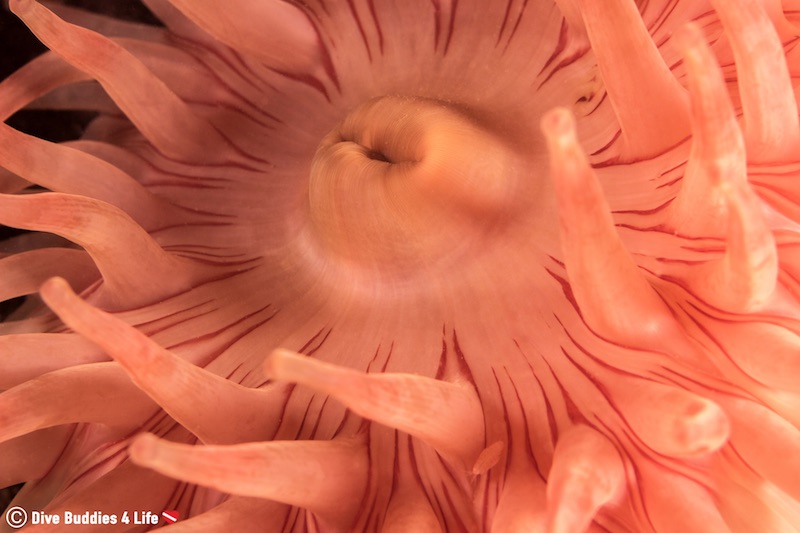
Anemones: These colorful critters are closely related to jellyfish and corals. You will find anemones anchored to piers, wharves and even rocks. Atlantic Canada is home to several species of anemones, such as the plumose and northern red.
Snails: They may be slow, but that’s only because they carry their home on their back. When it comes to snails, Nova Scotia is snail central – we have periwinkles, we have moon snails, we even have various species of whelks.
Fish of all shapes and sizes: There is no shortage of strange and colorful fish in the north Atlantic. Sure they may not be as vivid as your typical tropical species, but they can still pack quite the WOW factor.
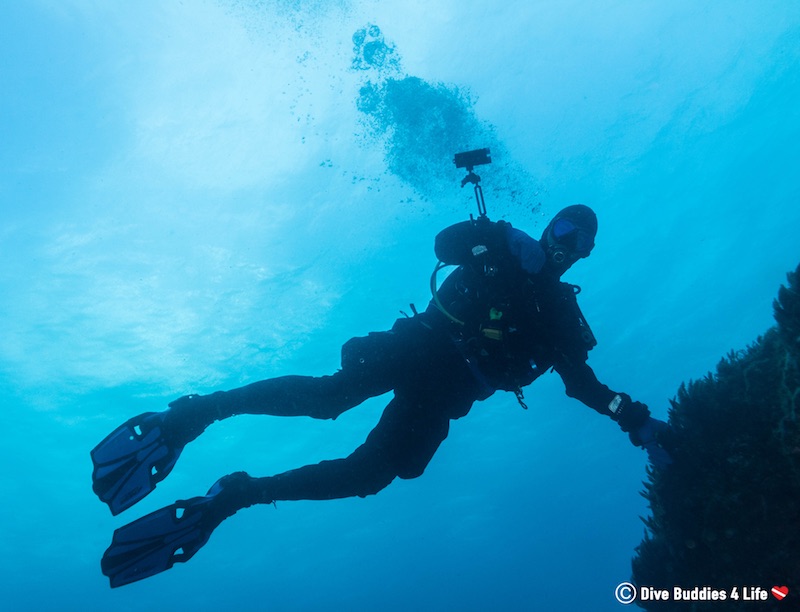
Scuba Diving on a Budget
As a student, I hear you; scuba diving is an expensive hobby. Gone are the days when sports activities are cheap. Now you need to pay for gear, insurance, equipment maintenance… If that isn’t enough of a turn-off, you also need to be able to get to and from the dive site.
The silver lining for anyone diving in Nova Scotia is that we have the luxury of not needing to pay for a dive boat charter. Sure there are some sites in Nova Scotia where doing a boat dive is necessary, but we also have so much shore diving opportunities right on our doorstep.
For those with gear and their own set of wheels, diving can be as expensive as a simple tank fill (around $8.00-$10.00). For others who need to rent their gear, diving runs a little pricier at $60.00 for the day or $90.00 for the full weekend.
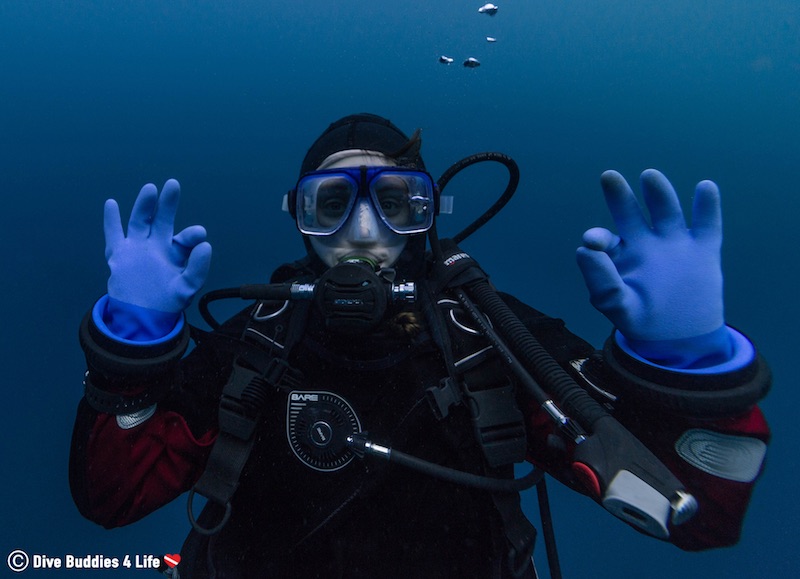
How to Pick a Dive Shop
If you are looking for a dive shop, don’t worry we’ve got you covered.
Around Halifax and Lunenburg several dive shops are offering their scuba expertise. From Xtreme Edge Divers to Torpedo Rays Scuba Adventures, everybody local has a different opinion on which shop is best.
Depending on what you require, make sure to do your research online and ask around. Be it equipment maintenance or taking a course your bound to find someone that will point you in the right direction to your specific needs.
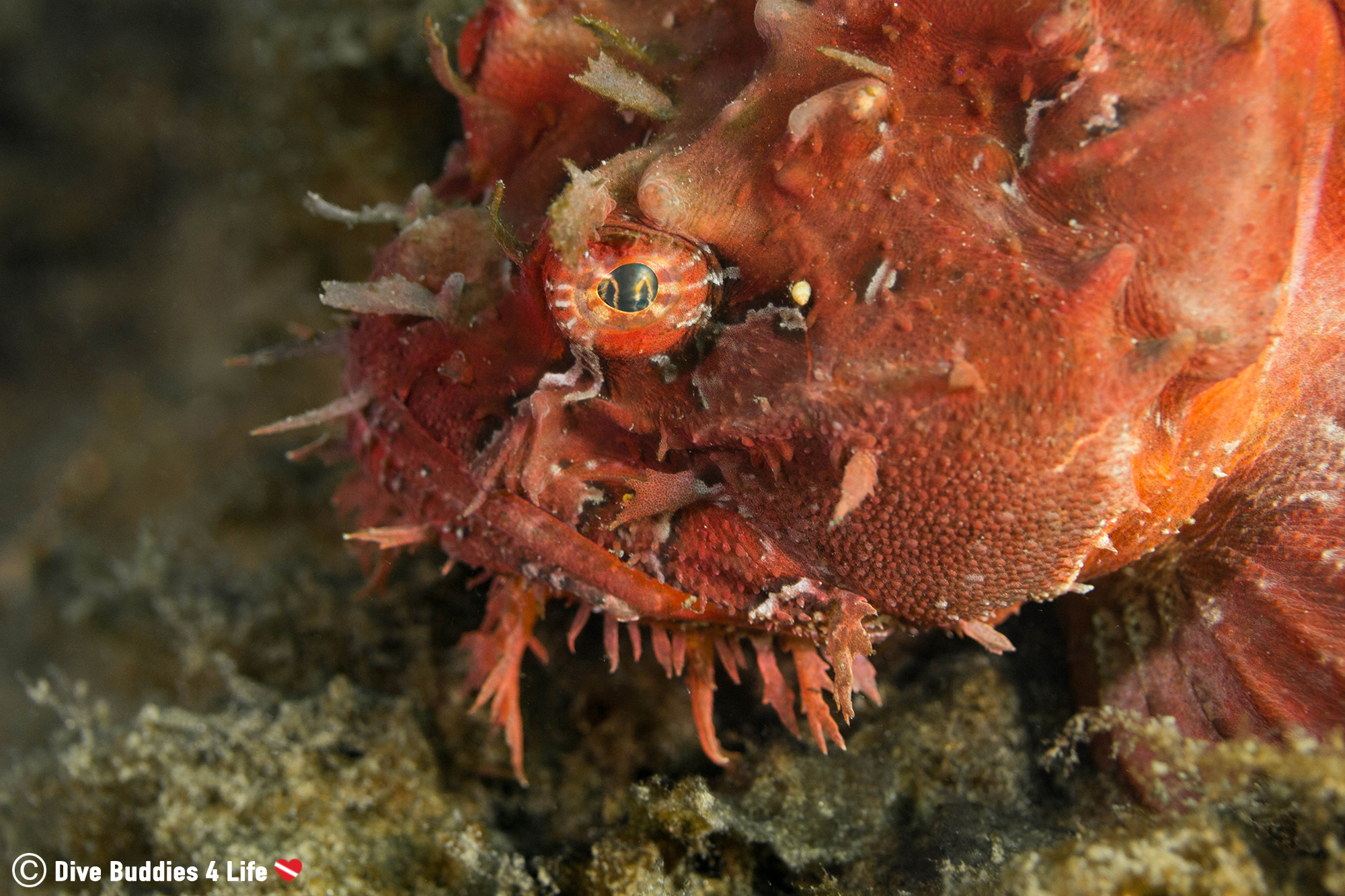
For Newbies Looking to Get Certified
University and college is not only a time for higher education but for stepping outside of your comfort zone and exploring new interests. If you’re someone who has always loved swimming and snorkeling why not try and dip your toes into something new, why not try an Open Water scuba diving course.
There are a few shops to choose from in the HRM, and, if you have transportation, there are many more across the province.
Future divers be warned – learning to scuba dive is like opening Pandora’s box – once you start, it can be highly addicting.
About Alisha Postma of Dive Buddies 4 Life:
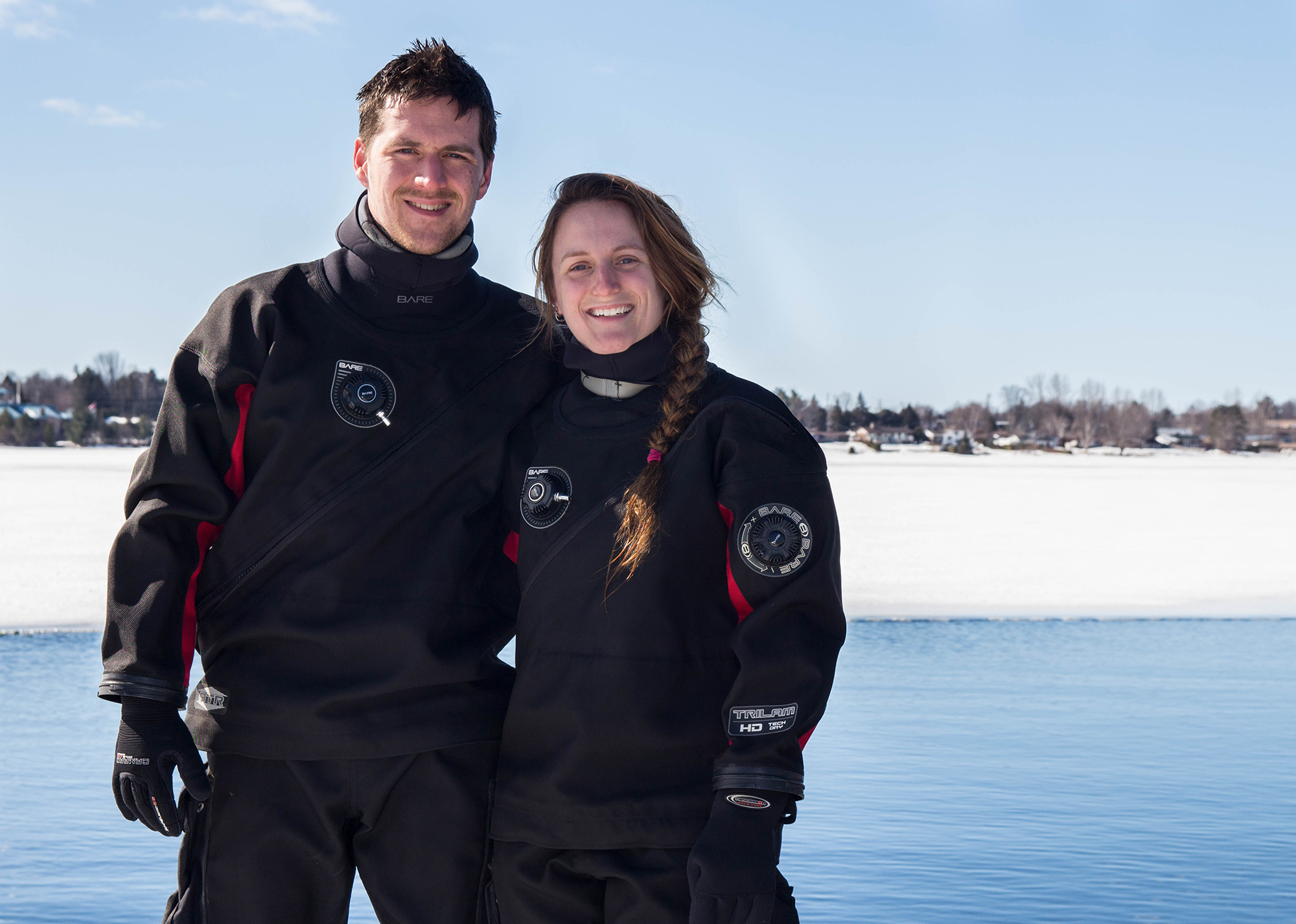 From staring down a 300 lb sand tiger shark to currently being a certified PADI divemaster, Alisha Postma’s resume is pretty jam packed with extreme water hobbies. A scuba diver, photographer and ocean activist with a background in marine biology, Alisha loves being underwater and the only thing she’s missing is a tail. Alisha and her husband Joey are plunging into as many strange and exotic waters as possible and share their adventures on their scuba diving blog. Together they hope to promote ocean conservation and help the world understand what a beautiful place the aquatic realm can be. Connect with Alisha and Joey from Dive Buddies 4 Life on Facebook, Youtube, Twitter and Instagram.
From staring down a 300 lb sand tiger shark to currently being a certified PADI divemaster, Alisha Postma’s resume is pretty jam packed with extreme water hobbies. A scuba diver, photographer and ocean activist with a background in marine biology, Alisha loves being underwater and the only thing she’s missing is a tail. Alisha and her husband Joey are plunging into as many strange and exotic waters as possible and share their adventures on their scuba diving blog. Together they hope to promote ocean conservation and help the world understand what a beautiful place the aquatic realm can be. Connect with Alisha and Joey from Dive Buddies 4 Life on Facebook, Youtube, Twitter and Instagram.